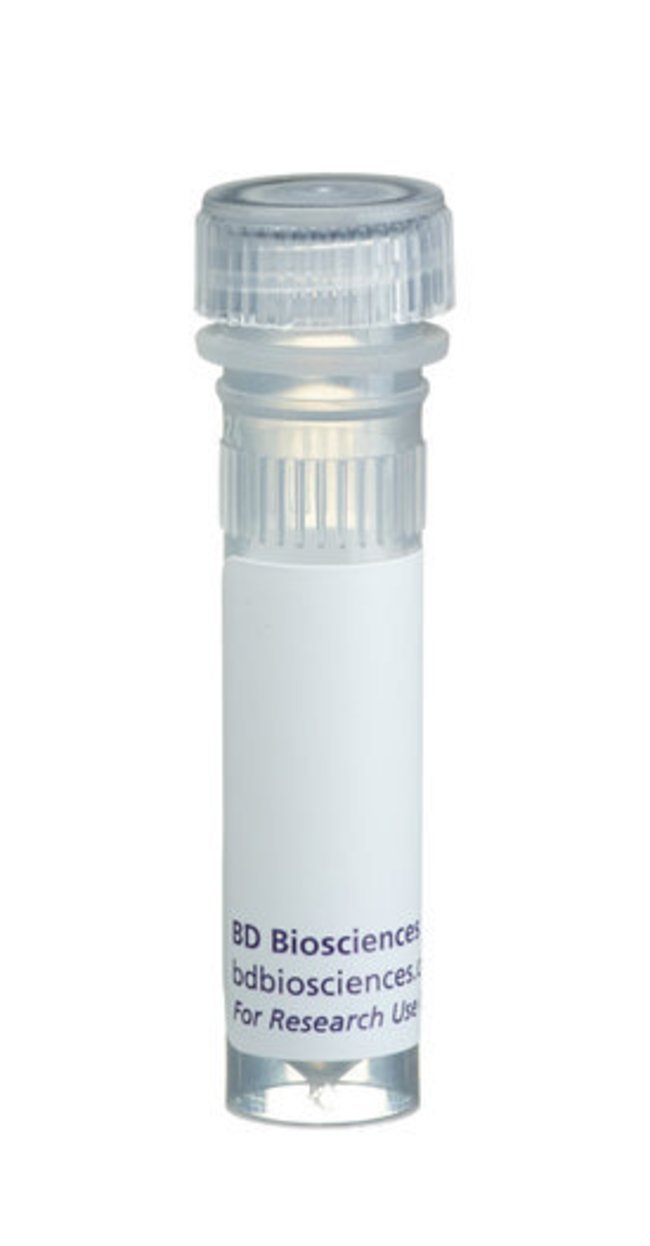CD178 Hamster anti-Mouse, NA/LE, Unlabeled, Clone: MFL3, BD, Hamster Monoclonal Antibody, Each

Details:
The MFL3 antibody reacts with CD178 (Fas Ligand, CD95 Ligand) on all strains tested. In the mouse, Fas Ligand is expressed on activated T cell lines and in spleen, testis, and eye. FasL mRNA has been demonstrated at various levels in bone marrow, thymus, spleen, lymph node, lung, small intestine, testis, and uterus. Moreover, T-cell activators, but not B-cell activators, enhanced the expression of FasL mRNA in splenocytes; and FasL mRNA was restricted to the T-cell lineage among a panel of cell lines from lymphoid tissues. Fas Ligand is not functional in mice homozygous for the gld (generalized lympho-proliferative disease) mutation; these mice cannot limit the expansion of activated lymphocytes and develop autoimmune disease. Fas Ligand is a member of the TNF/NGF family, which binds to CD95 (Fas), inducing apoptotic cell death. This Fas/Fas Ligand interaction is believed to participate in T-cell development, the regulation of immune responses, and cell-mediated cytotoxic mechanisms. There is mounting evidence that Fas Ligand is also proinflammatory, mediating neutrophil extravasation and chemotaxis. Fas Ligand is released from the surface of transfectant cells by metalloproteinases, and the soluble Fas Ligand may block the activities of the membrane-bound molecule. The MFL3 mAb has been reported to efficiently inhibit the cytotoxicity of mouse Fas Ligand-transfected cells against human Fas-transfected cells. This hamster mAb to a mouse leukocyte antigen does not cross-react with rat leukocytes.
Additional Information
| SKU | 10133685 |
|---|---|
| UOM | Each |
| UNSPSC | 12352203 |
| Manufacturer Part Number | 555290 |
